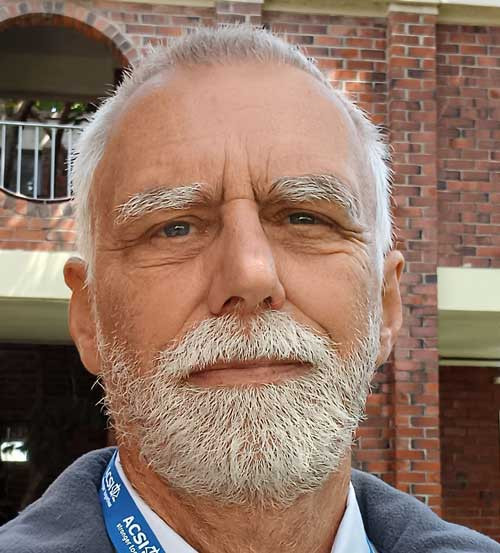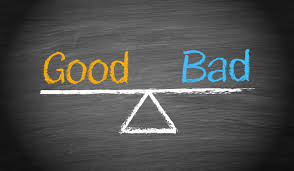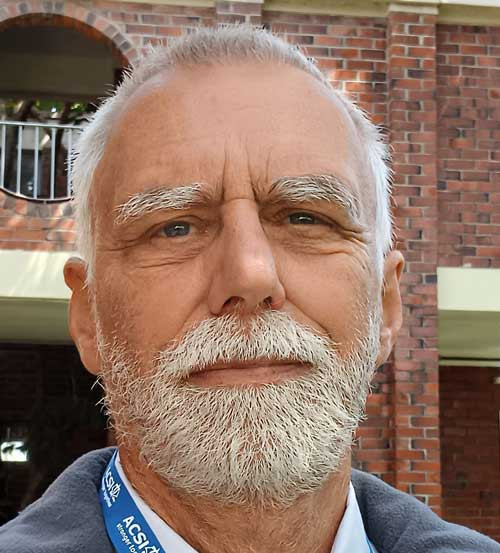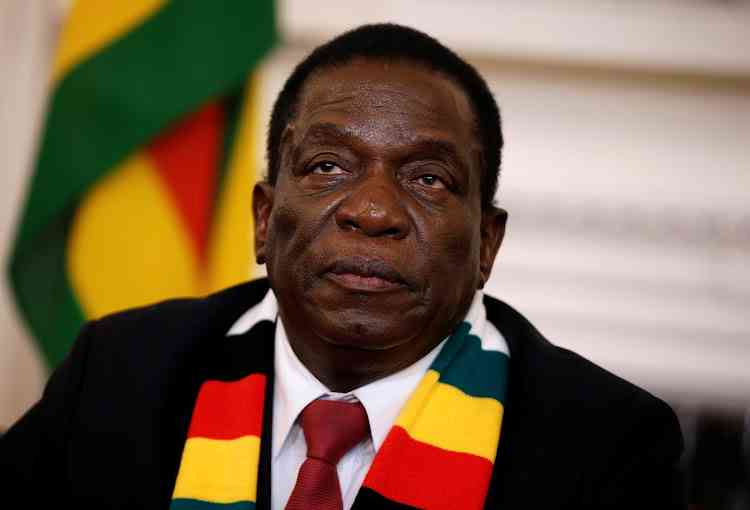
By Tim Middleton
In his play Man and Superman, written in 1905, George Bernard Shaw had one of his characters declare the line,“Those who can, do; those who can’t, teach”, much to the chagrin of teachers ever since.
Are teachers just the dregs of society, those with no real ability? The way they are treated in many different quarters may well suggest that is indeed how many people see them, which begs the important question: why would anyone want to become a teacher?
How many parents of talented youngsters actually and actively encourage their child to become a teacher?
An anonymous, new young teacher in the US is quoted as offering the following assessment: “Let me see if I’ve got this right. You want me to go into that room with all those kids and fill their every waking moment with a love for learning.
“Not only that, I’m to instil a sense of pride in their ethnicity, behaviourally modify disruptive behaviour, and observe them for signs of abuse. I am to fight racism, patriotism, the war on drugs and sexually transmitted diseases, check their backpacks for guns and raise their self-esteem.
“I’m to teach them good citizenship, sportsmanship and fair play, how and where to register to vote, how to balance a cheque book and how to apply for a job, but I am never to ask if they are in this country illegally.
“I am to check their heads occasionally for lice, maintain a safe environment, recognize signs of potential antisocial behaviour, offer advice, write letters of recommendation for employment and scholarships, encourage a respect for cultural diversity, and, oh yeah, teach, always making sure that I give the girls in my class fifty percent of my attention.”
- Chamisa under fire over US$120K donation
- Mavhunga puts DeMbare into Chibuku quarterfinals
- Pension funds bet on Cabora Bassa oilfields
- Councils defy govt fire tender directive
Keep Reading
The same teacher goes on: “I’m required by my contract to be working on my own time (summers and evenings) and at my own expense towards additional certification, advanced certification after school. I am to attend committee and faculty meetings and participate in staff development training.
“I am to be a paragon of virtue larger than life, such that my very presence will awe my students into being obedient and respectful of authority. I am to purchase supplies, room decorations, bulletin board supplies, supplies for children who can’t afford them, and luxury items such as scissors, glue, scotch tape and markers with my own money as there is no money in the budget for these items. I’m to do all of this with just a piece of chalk, a few books and a bulletin board, and on a starting salary that qualifies my family for food stamps in many states.” She concludes:“Is that all?”
Is that all, indeed? No, it is not all! The teacher is required to handle large groups of children, each with their own different needs, likes, desires, abilities, ambitions, attitudes, personalities, many of whom their own parents struggle to understand, control or inspire yet those same parents expect the teacher to manage, motivate and measure them with ease and good humour.
Secondary teachers will face over two hundred such children each day, for short periods of time – they will move from one topic to another and another. Is that all?
Who indeed would be a teacher? Is it people who were hurt, destroyed or victimised who choose to become teachers, either to exact some revenge on the next generation for the faults of the previous one (payback!) or rather to redress the faults of their former teachers?
Do people become teachers because they want to practise on other people’s children before they have their own? Do they take up teaching because they like to have fun?
Do they want power? Or do they just have a sense of humour and delight in the wonderful excuses and comments of children (and parents)?
On the other hand, are they just inspired by their own teachers in their subjects and their caring such that they wish to emulate their hero’s convictions and vocation?
Have they been so well trained (by those who can’t, obviously) that they want to give back to others rather than take much from others?
Well may a parent wonder why anyone would want to be a teacher! Any such thought should only serve to deepen our respect and support for all such teachers.
Furthermore, if “those who can, do”, we might well ask,then why do such people not teach? Surely they can!
And, as an afterthought, which those who “do” perhaps have not managed to consider, how come those who cannot “do” canteach?
Is it not because of a teacher they once had? The fact is that no real teacher would ever ask: who would be one?
The real teacher would ask: who would not want to be one? The real teacher is in truth a superman or superwoman – we can be George Bernard sure of that!
- Tim Middleton is the executive director of the Association of Trust Schools [ATS]. The views expressed in this article, however, are solely those of the author in his private capacity and do not necessarily represent the views of the ATS.
- email: ceo@atschisz.co.zw
- website: www.atschisz










